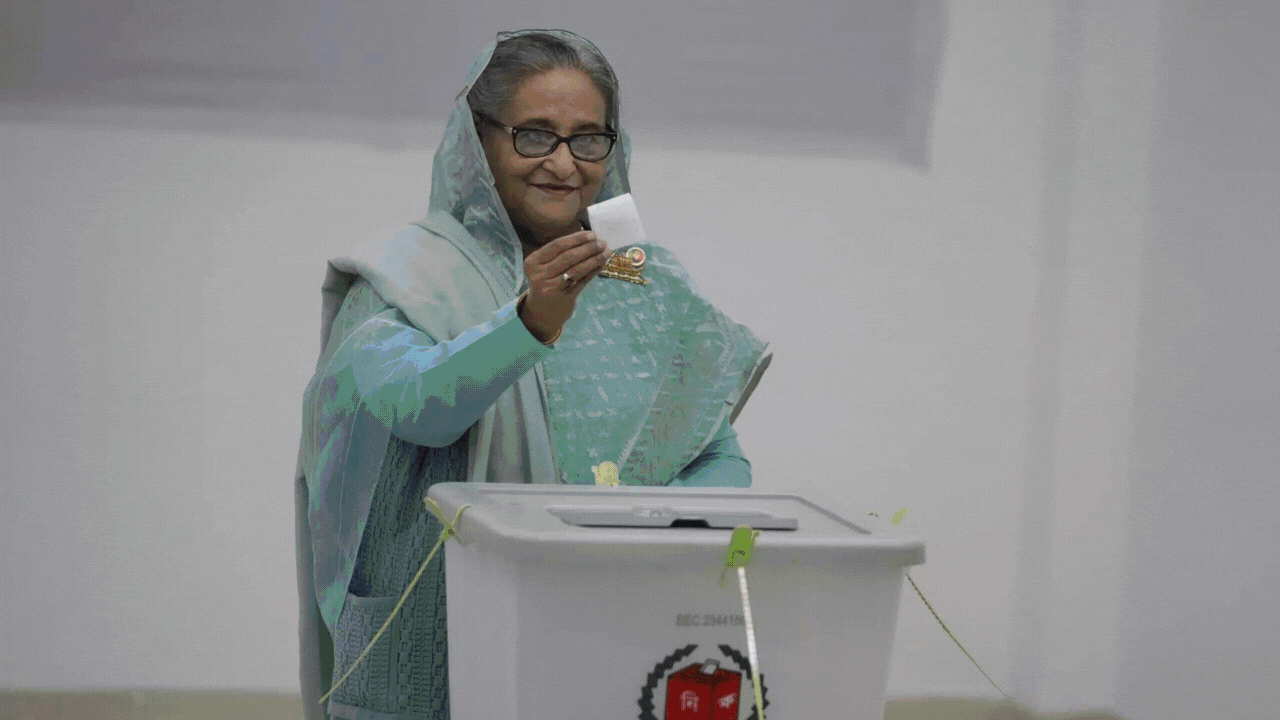BMW And Porsche's China Challenges: A Broader Industry Issue

Table of Contents
Intensified Competition from Domestic Chinese Brands
The rise of technologically advanced and competitively priced Chinese automakers is creating unprecedented competition for established international brands like BMW and Porsche in China. Keywords like Chinese Automakers, Domestic Car Brands China, Electric Car Competition China, Luxury EV China, NIO, XPeng, and BYD are central to understanding this shift.
-
Rise of Domestic Powerhouses: Chinese brands like NIO, XPeng, and BYD are rapidly gaining market share, not just in the mass-market segment but increasingly in the luxury sector as well. These companies are leveraging cutting-edge technology, sophisticated designs, and aggressive marketing strategies.
-
Competitive Pricing and Features: Domestic brands often offer comparable features and performance at significantly lower price points than their German counterparts, directly impacting BMW and Porsche's pricing strategies and profitability.
-
Government Support: Government subsidies and preferential policies aimed at boosting domestic EV manufacturers provide a significant competitive advantage to Chinese brands, further challenging the established players.
-
Brand Perception Shift: The growing reputation and acceptance of Chinese luxury brands are impacting the perception of traditional luxury brands like BMW and Porsche, forcing them to re-evaluate their marketing and branding strategies within the Chinese market. The perception of German engineering superiority is being challenged by the rapid innovation of domestic competitors.
Shifting Consumer Preferences and Demand for Electric Vehicles
The Chinese automotive market is undergoing a rapid transition towards electric vehicles (EVs), driven by stringent government regulations promoting EV Adoption China and growing environmental consciousness among consumers. This presents significant challenges and opportunities for brands like BMW and Porsche.
-
EV Market Dominance: The Chinese government's ambitious targets for EV adoption are pushing the market towards rapid electrification. This means that both BMW and Porsche need to heavily invest in their EV offerings and infrastructure.
-
Infrastructure Development: The successful adoption of EVs requires a substantial investment in charging infrastructure across China. This presents a logistical hurdle for both automakers and the government.
-
Localized Production: To remain competitive and avoid import tariffs, both BMW and Porsche need to localize their EV production in China. This involves substantial investment and adaptation of their existing manufacturing processes.
-
Adapting to New Technologies: The rapid advancement in battery technology and EV components requires constant innovation and investment to stay ahead of the competition. Models like the BMW iX and Porsche Taycan are vital to their success but require ongoing refinement and adaptation.
Navigating Complex Regulatory and Trade Environments
The Chinese regulatory landscape is notoriously complex, demanding careful navigation from international automakers. Understanding keywords such as China Import Regulations, Automotive Tariffs China, Trade Policies China, Supply Chain Disruptions China, and Localization Requirements China is crucial for success.
-
Import Tariffs and Regulations: Fluctuating import tariffs and frequently changing regulations create uncertainty and add to the cost of doing business for foreign brands.
-
Supply Chain Management: Managing complex supply chains, particularly in light of potential disruptions, requires sophisticated logistics and risk management strategies.
-
Localization Requirements: The Chinese government often mandates a certain level of local content in vehicles sold within the country, requiring foreign automakers to adapt their production processes and partner with local suppliers.
-
Emissions and Safety Standards: China's stringent emissions and safety standards require significant investment in research and development to ensure compliance and maintain competitiveness.
The Broader Implications for the Global Auto Industry
The challenges faced by BMW and Porsche in China are not isolated incidents. They provide a valuable case study reflecting the broader transformations reshaping the global automotive industry. Keywords like Global Automotive Trends, Future of Automotive, International Auto Market, and Competitive Landscape Automotive highlight the significance of this issue. The rise of domestic Chinese brands, the rapid shift towards EVs, and evolving consumer preferences are impacting automakers globally. This necessitates significant adaptation across the industry, including investments in electric vehicle technology, robust supply chain management, and a deep understanding of diverse and evolving consumer preferences.
Conclusion
The difficulties encountered by BMW and Porsche in China highlight the complexities of the world's largest automotive market. Success requires more than brand recognition; it demands strategic adaptation, substantial investment, and a comprehensive understanding of consumer preferences and regulatory changes. Ignoring these China automotive market challenges is not an option for any international player aiming for success. To thrive in this pivotal market, automakers must proactively tackle these issues, investing in localized EV production, responding to evolving consumer demands, and expertly navigating the Chinese regulatory environment. The future of the global auto industry depends, in no small part, on effectively addressing the BMW and Porsche's China challenges.

Featured Posts
-
 First Up News Key Developments In Bangladesh China And The Caribbean
May 16, 2025
First Up News Key Developments In Bangladesh China And The Caribbean
May 16, 2025 -
 Maple Leafs Vs Rangers Game Tonight Prediction Picks And Betting Odds
May 16, 2025
Maple Leafs Vs Rangers Game Tonight Prediction Picks And Betting Odds
May 16, 2025 -
 Michael Venom Pages Prediction How Paddy Pimblett Beats Michael Chandler
May 16, 2025
Michael Venom Pages Prediction How Paddy Pimblett Beats Michael Chandler
May 16, 2025 -
 The Decline And Fall Of The King Of Davos A Historical Perspective
May 16, 2025
The Decline And Fall Of The King Of Davos A Historical Perspective
May 16, 2025 -
 Roma Monza En Directo Sigue El Partido Online
May 16, 2025
Roma Monza En Directo Sigue El Partido Online
May 16, 2025
